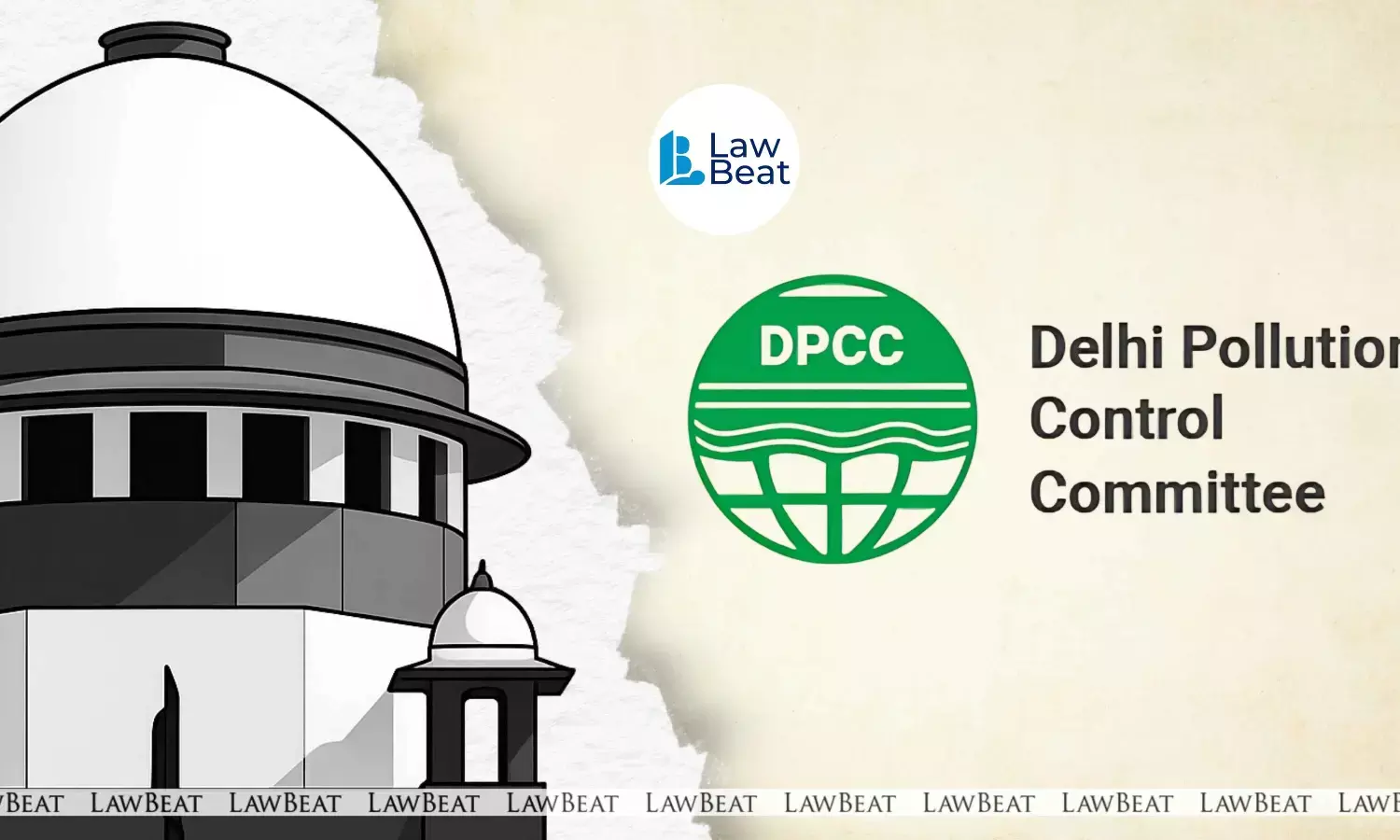Supreme Court Sets September Deadline For Filling All DPCC Vacancies; Raps Delhi Govt Over Vacant Posts

The Supreme Court on Monday came down heavily on the Delhi government for failing to fill vacant posts in the Delhi Pollution Control Committee (DPCC), warning that continued inaction could invite proceedings for aggravated contempt.
The Bench of Justice Abhay S. Oka and Justice Ujjal Bhuyan noted with dismay that of the 204 sanctioned posts in the DPCC, only 83 had been filled.
“We cannot tolerate the laxity shown by the Delhi government, especially when Delhi is worst affected by air pollution,” the Bench observed.
Issuing a firm direction, the Court ordered the Delhi government to ensure that all 204 vacancies are filled by September 2025, with an affidavit to be filed by October 15 confirming compliance.
Failure to meet the deadline, the Court warned, would amount to a case of aggravated contempt.
The Bench also directed the Delhi government to initiate the process for filling anticipatory vacancies at least six months in advance, expressing displeasure over the lack of planning and urgency.
During the hearing, Counsel for the Delhi government requested time until the end of the year to complete the recruitment process.
The Bench, however, rejected the plea, questioning the delay and highlighting the government's inaction. “Why end of the year? The board is set up by the government. The government can’t take six months to act. In the affidavit, it's not even mentioned when the process will begin or when advertisements will be issued,” Justice Oka remarked.
The hearing forms part of a broader case concerning vacancies in pollution control bodies across northern India.
Previously
On May 8, the Supreme Court had issued contempt notices to the Chief Secretaries of Delhi, Uttar Pradesh, Haryana, and Rajasthan over non-compliance with its August 2024 order to fill all vacancies in their respective pollution control boards by April 30, 2025.
During the earlier hearing, the Apex Court had described the situation as a “sorry state of affairs” and was particularly alarmed that 55% of the posts in the Delhi Pollution Control Committee were lying vacant, rendering the body “virtually defunct”. The Court had also issued show cause notices to the Chief Secretaries of the four states, asking them to explain why they should not be punished under the Contempt of Courts Act, 1971 for failing to implement the Court’s directives.
In addition to directing state governments, the Supreme Court had also taken note of the 21% vacancies in the Central Pollution Control Board (CPCB) and ordered that these be filled by August 2025.
Noting concerns about outdated infrastructure, the Bench had directed the Commission for Air Quality Management (CAQM) to conduct a comprehensive study on the functioning of State Pollution Control Boards (SPCBs) and pollution control committees, particularly in terms of technology and equipment being used.
“Perhaps they are still using outdated technology. CAQM shall look into this and make appropriate recommendations by the end of July,” the Court said. The recommendations are to be submitted to the CPCB, and the SPCBs of Delhi, Haryana, Rajasthan, and Uttar Pradesh. The concerned authorities were directed to take appropriate action based on the recommendations, including procurement of new equipment where necessary.
The Court also flagged staffing shortages within the CAQM itself, directing the Union Government to ensure that all vacant positions in the Commission are filled by August 2025.
The matter is being closely monitored by the Apex Court in light of the alarming levels of air pollution in Delhi-NCR and the inadequate response by pollution control bodies, both at the state and central levels.
Case Title: M.C. Mehta v. Union of India
